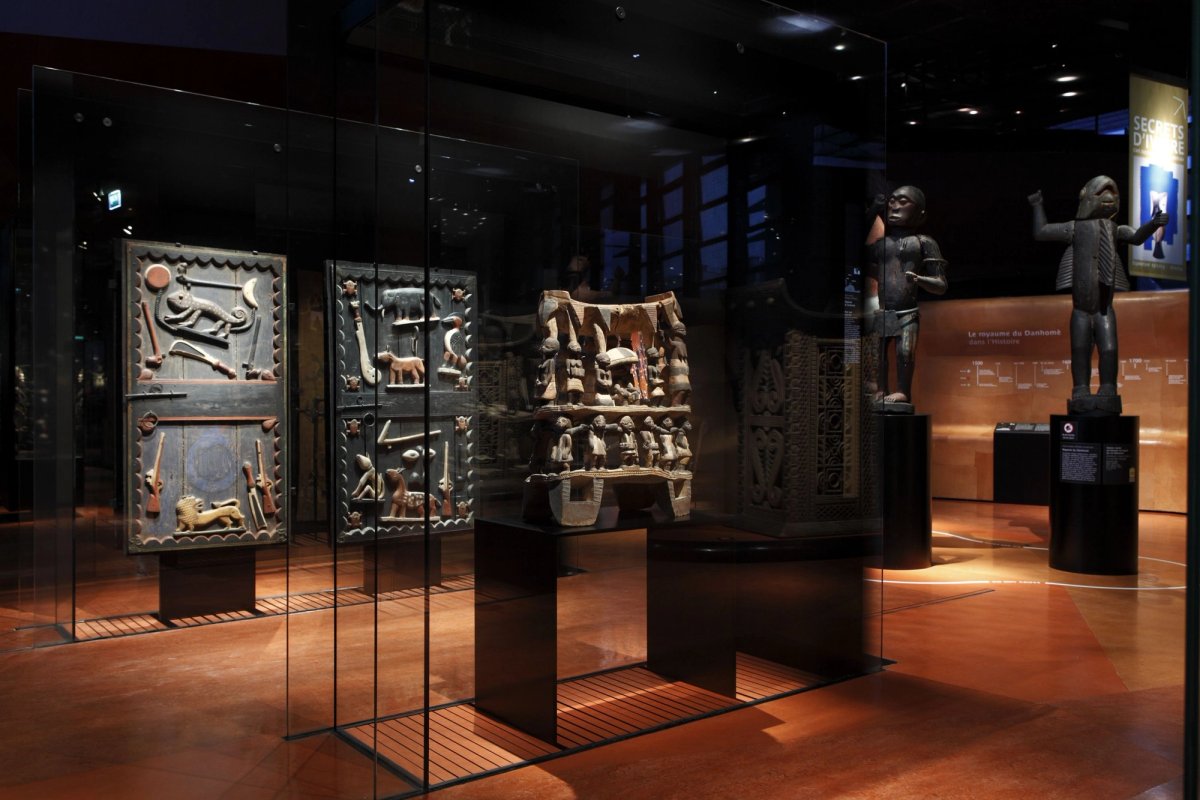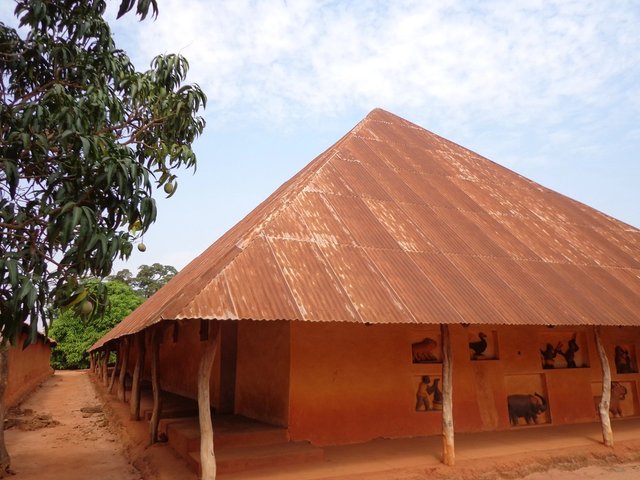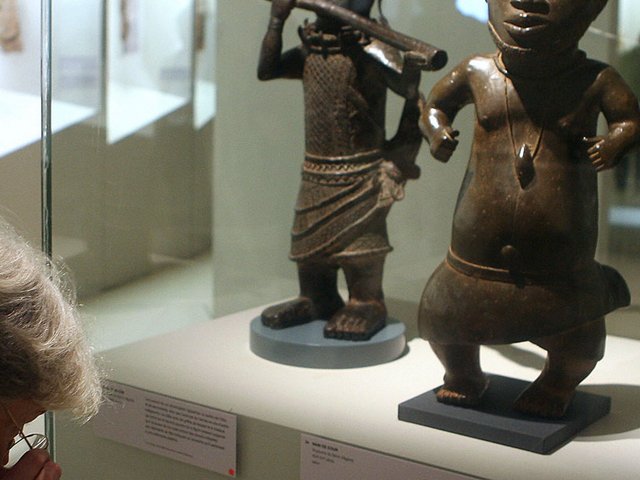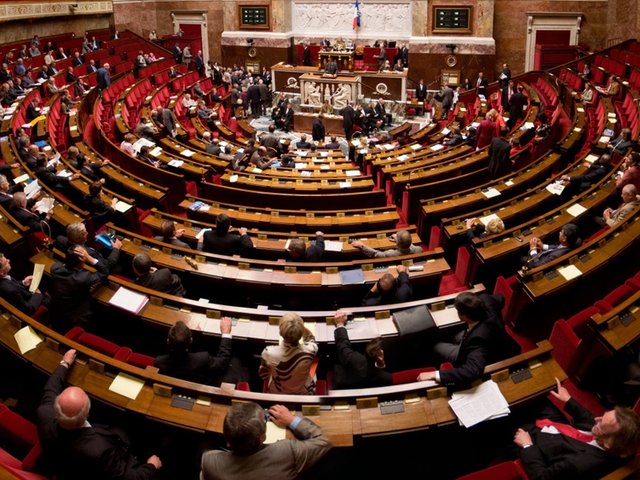Seven years after President Emmanuel Macron’s famous call for restitution of African heritage to Africa, how have France and other Western countries measured up? In his speech of 28 November 2017 in Burkina Faso, Macron had said there was no justification for so much of African heritage being kept outside of Africa, urging that the conditions for return be established “within five years”.
That yardstick has long since passed, with relatively little to show—at least in France. In 2020-21, the Musée du Quai Branly returned ceremonial objects to the Republic of Benin, while a sword was returned to Senegal. Last November, a large drum was returned to the Ivory Coast on “deposit” as a first step. These objects had been looted by the French during the colonial period, so restitution made ethical sense.
French public collections are considered “inalienable” by law: a museum cannot agree to the slightest thing going back permanently without the French parliament passing a new law each time. This was accomplished for the earlier returns, but the process was far more cumbersome than anyone expected, and the bill nearly got derailed by the senate.
Political procrastination
Macron had hoped to burst through this impediment—a common theme of his early presidency—but the promising onrush of change quickly dissipated. As the French lawyer Emmanuel Pierrat has written, “The politics of restitution was launched to great fanfare, but has now stalled.”
In 2023, two laws were passed, dealing with the relatively uncontroversial restitution of art taken during the Nazi period and human remains held in collections. But a third, more ambitious law to address colonial-era spoliation was never presented to the French parliament. Macron called a snap election in June last year and the rest is history.
The irony is that Macron’s call for change has been heeded well beyond France, and to far greater success. The Dutch, unburdened by the inalienability restrictions, have adopted a report on colonial looting and installed an advisory panel that has been working away over the past two years. Their operating principle is that of “involuntary loss of possession”, on which basis museums in 2023 returned nearly 500 objects to the former Dutch colonies of Indonesia and Sri Lanka.
Even the UK has taken a pragmatic approach to restitution. Certain national museums have managed to work within their legal restrictions by promoting “cultural partnerships” with countries of origin, including renewable loans of contentious material. The Victoria and Albert Museum has been a leader on this: along with the British Museum, it sent back looted objects last year to Ghana on the anniversary of a British punitive raid in 1874. The 32 objects are being exhibited in Kumasi on a three-year loan, which can then be extended.
Are these outcomes a success? Insofar as they provide meaningful access to material in a community previously deprived, then yes. To be clear, this is not “making amends” for historical injustices; rather, it is about seeking to cure an unfair situation that persists into the present. The law is often ill-equipped to deal with moral questions. Attempts to find legal solutions have been elusive, while approaches centred on moral principle, ethical guidance and pragmatism have largely succeeded.
Is France able to follow these leads? French museums are faced with the inalienability problem, so it is much harder for them. The “deposit” model for the Ivorian drum was promising. But the approach could be bolder. From the start, resources could have gone towards funding a project for African and French curators to assemble the best African art from French collections, then exhibit it across Africa. This could have served as a beacon of hope from Dakar to Johannesburg. Any claims for permanent restitution could have been worked out on the side through narrowly tailored special laws.
Ethical and pragmatic solutions are often best in this area. And, hard as it is for a lawyer to admit, the law offers no silver bullet.
• Alexander Herman is director of the UK-based Institute of Art and Law. He is the author of The Parthenon Marbles Dispute (2023) and Restitution: The Return of Cultural Artefacts (2021)





